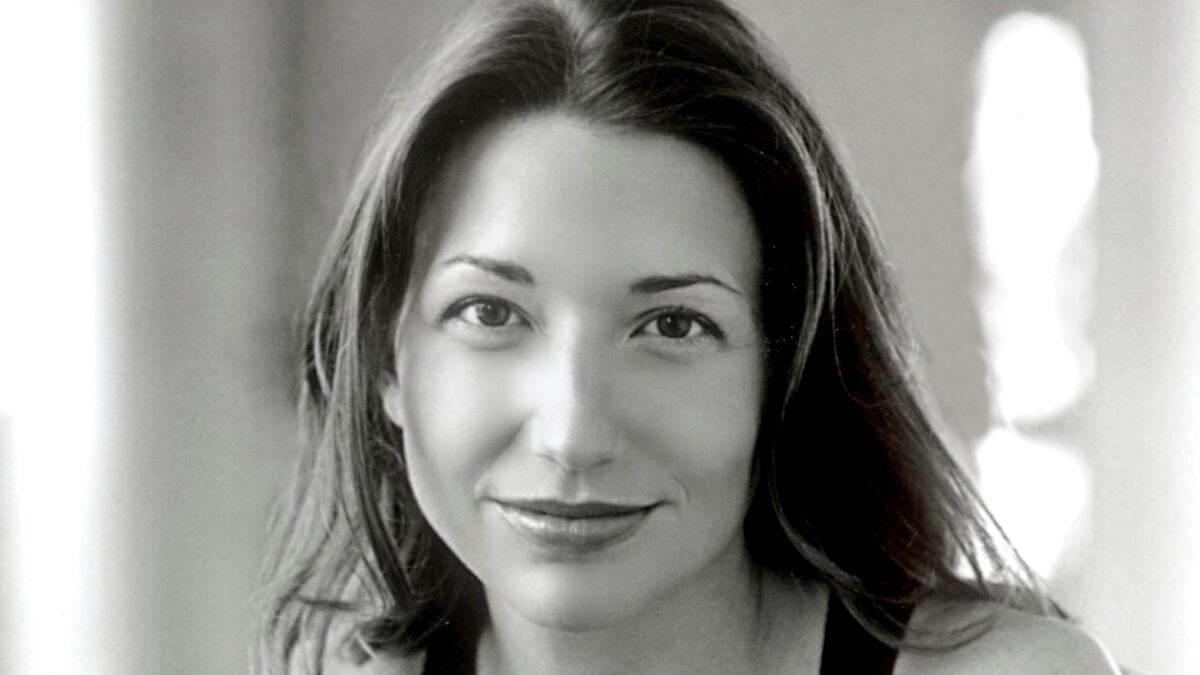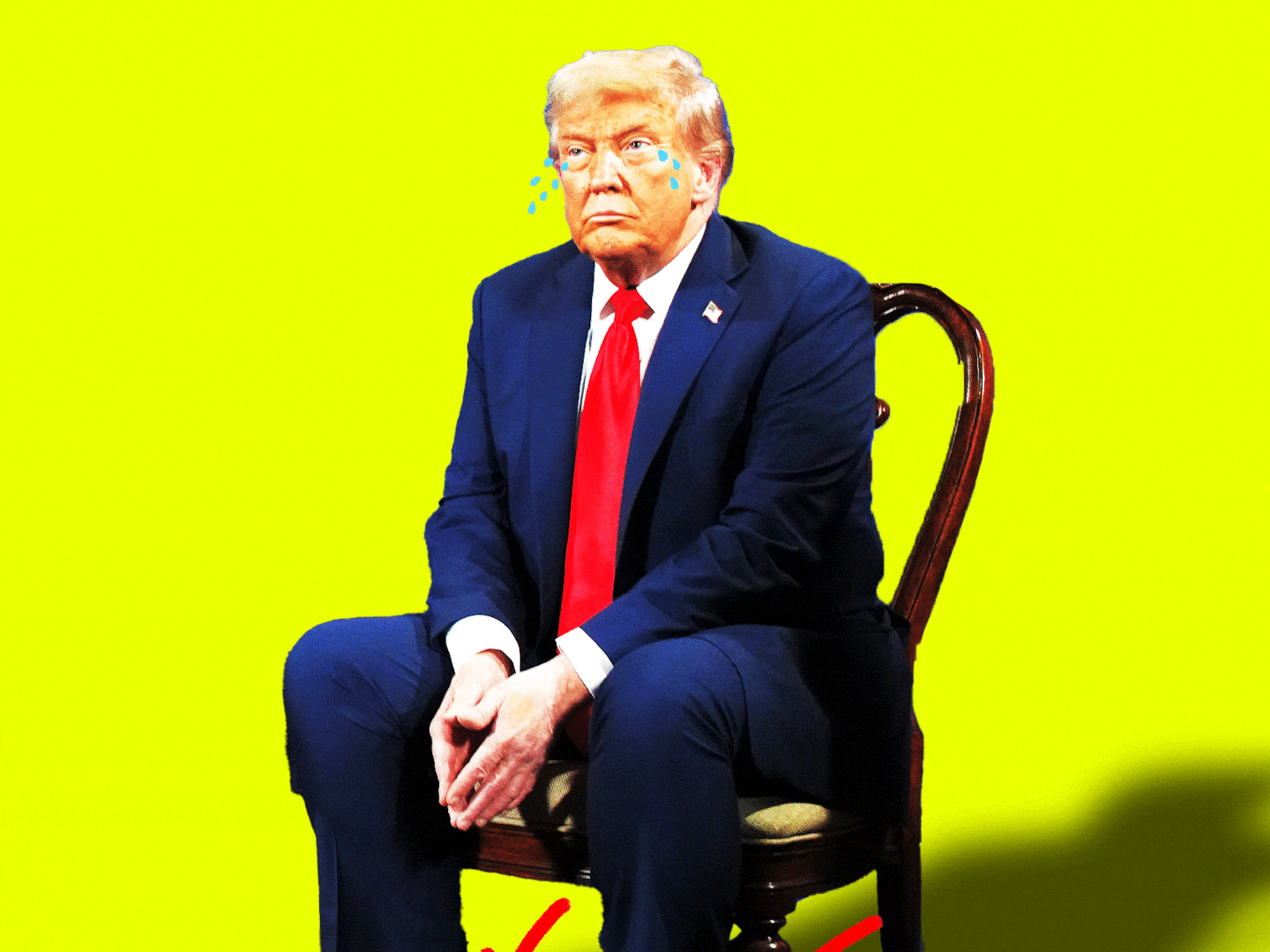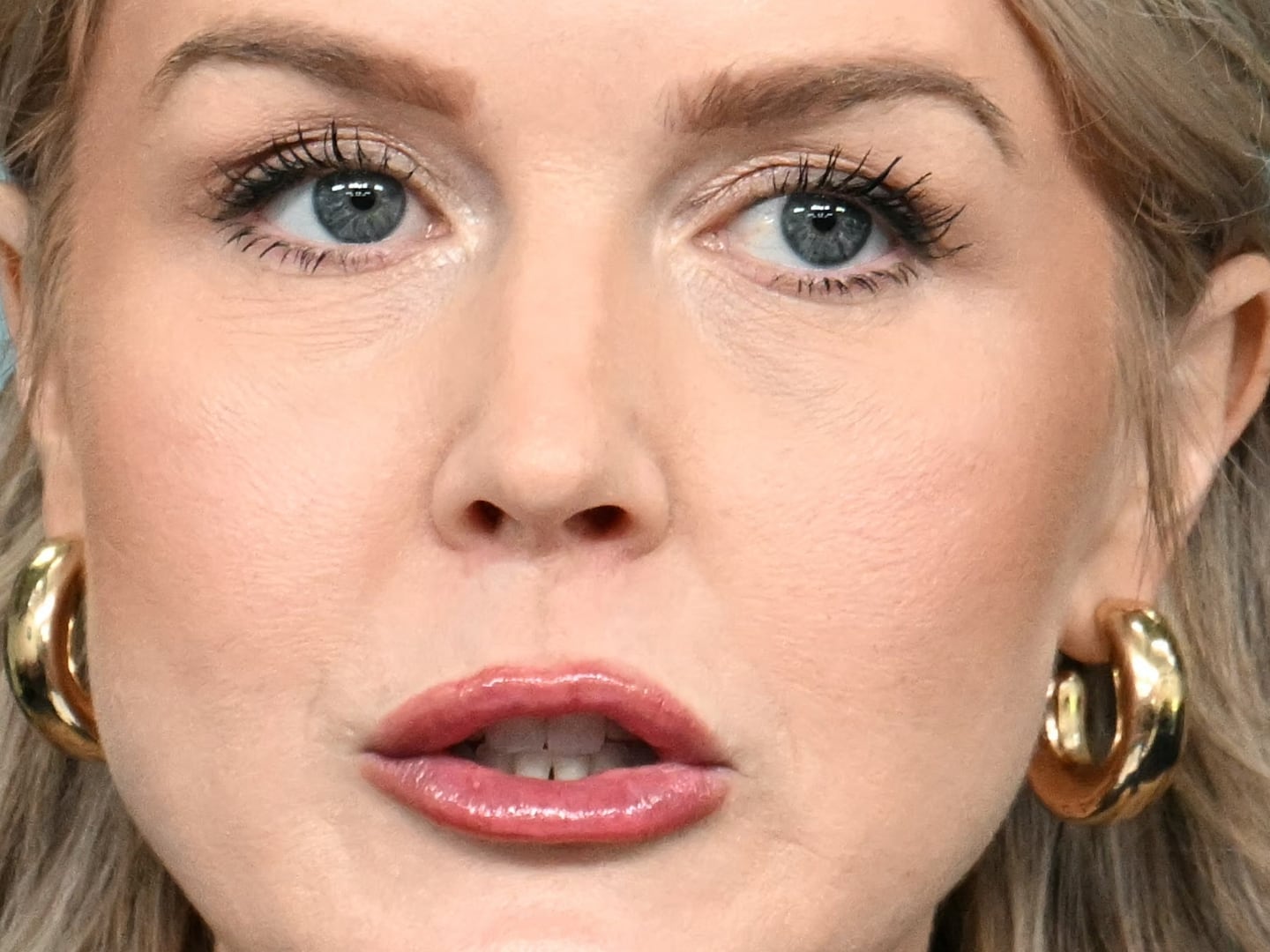Where did you grow up?
We moved around a bit when I was younger, but I grew up primarily in Rhode Island, in a beautiful seaside community called East Greenwich. It was a small town, and so safe that we rarely locked our doors at night. It was an idyllic place, where we did a lot of sailing and swimming. Even though I now split my time between San Francisco and L.A., New England is a big part of who I am, which is why I set a lot of my novels there.

Describe your morning routine.
Once I get my daughter off to school, I head to dance class. In my 20s, I was a professional modern dancer in New York, and I still take dance class several times a week. Then I come home and deal with miscellany (emails, etc). My goal is to be writing by 11 or 12 o’clock. I don’t have many hours in a day, as I’m essentially a single parent. But fortunately, I’m a really fast writer. My goal is usually 10 pages a day. Sometimes more, sometimes less, but by the end of the week, I aim for at least 10,000 words. The first draft tends to take about three months.
I used to be a freelance journalist, so I had to write fast, but I always found writing nonfiction constraining. I like the freedom of fiction, where I get to invent everything, and tidy, conclusive endings are within my control.
Do you like to map out your fiction plots ahead of time, or just let it flow?
Some people say that there are two kinds of writers: outliners and “pantsers” (because they fly by the seat of their pants). I’m definitely a pantser. The bane of my existence is the synopses that publishers request for a new novel or series. That’s where I’m really producing fiction—my final book never ends up looking like the synopsis. With my third book, what was supposed to be the climax (at least, according to the synopsis) arrived on page 100. And the only book I didn’t manage to sell was the one for which I wrote a full outline. By the time I sat down to fill in the blanks, it was a grind to churn out what I already knew would happen.
I understand that you are somewhat typing handicapped?
I’m a terrible typist, literally two fingers. I’m of the generation when they didn’t teach typing, because they didn’t want us to think we were being pushed into secretarial careers, and personal computers were just hitting the market. So I’m the world’s fastest two-finger typist, but I’m pretty bad. I’ve thought of doing a course on typing, but I don’t want to mess with the formula I’ve got.
You’ve mostly written adult thrillers, but now have a young-adult (YA) book coming out. How did you approach writing for a younger audience?
I find YA writing to be very similar, by and large. I did hit a few stumbling blocks, because in my other series the main characters were an FBI agent and security consultant, adults with resources and training at their disposal, and the authority to back up their actions. Teenagers don’t have those advantages. One of the reasons I switched to YA for this series was that a friend pointed out that I’ve had a strong teen character in nearly all of my adult thrillers, and he suggested I try writing an entire thriller from that point of view.
The most striking difference was during the editing process. According to my editor, I couldn’t have any scenes from an adult perspective. In Don’t Turn Around, I had originally written a few scenes through the eyes of a character who served as a sort of surrogate older brother for my hero. We ended up excising those. There was also a scene between a Boston fire chief and a security guard that had to be shifted so that Noa, my heroine, observed what happened (rather than using an omniscient narrator). I don’t write a lot of sexual situations in any of my books, so I didn’t have to edit out anything like that. In thrillers, I always find that those scenes slow down the action. Clearly, I’m never going to write "50 shades of" anything…
What has to happen on page one, and in chapter one, to make for a successful thriller that urges you to read on?
That’s usually the only part of the book that, when I sit down, I know precisely what’s going to happen. I like to drop you in the middle of a scene. I started this new book with a character opening her eyes to discover that she’s on an operating table in a strange room. Noa has no idea how she got there, and she can hear voices approaching. So the stakes are immediately high. A lot of writers make a mistake of starting with “Hi, this is Jim, he lives in Y and works at X and likes to eat hot dogs.” You can’t have a huge information dump of exposition at the outset, you have to parse it out judiciously. The reader doesn’t need to know Jim’s favorite color; we just need to know if he can tell the red wire from the blue wire. Over the course of chapter one, I want to convey what’s at stake, give the reader a very general sense of the character, then end with that character in peril.
It’s true that you can’t get away with a long, slow opening anymore. Balzac’s Pere Goriot, which begins with about 30 pages just describing the exterior of a country inn, would never have found a publisher these days.
I know. It’s a shame, but it’s true.
You blog on two sites, one for adults and one for young adults. How do you find blogging, and do you recommend it to fellow authors?
The way I do it is the way I recommend it. Become part of a group blog, so that you share the burden. Individual blogs on author sites…unless you’re J.K. Rowling, it’s hard to find people who want to read what you write every day. And if you’re blogging constantly, it detracts from the time you devote to your fiction. I write four blog posts a month, two for each site, so it’s manageable. The positives are that it gives me a chance to discuss what’s going on in the publishing world, which I find interesting, providing a forum I wouldn’t have otherwise. We have followers who have been on the blog everyday for the past three years, so I feel like I know them, even though we’ve never met in person. I can almost anticipate what they’re going to say. So it’s a useful promotional tool, and it provides a different outlet for talking about things.
Is there anything distinctive or unusual about your work space?
I’m a bit of a clutter-hound. I’ve got an old Pinkerton badge on my desk that I found at an antiques store out in the Gold Country. Courtesy of the Edgar Awards, I also have an Edgar Allan Poe bobble-head doll, and in front of that there’s a giant dandelion paperweight acquired on a trip to Ireland. My daughter’s drawings are hanging above my desk, along with a story that she dictated to me. It’s about two hamsters who end up meeting a grisly, untimely demise. As she was telling it to me, all I could think was, “Yup, that’s my kid all right.”
Tell us a funny story related to a book tour or book event.
Not sure it’s funny so much as utterly mortifying. LitQuake is a Bay Area literary festival that attracts tens of thousands of fans for a week’s worth of readings, events, conferences. It ends on a Saturday night with a literary pub crawl in the Mission District. Each hour, there are dozens of readings happening everywhere from a laundromat to a police station, and people hop from one reading to the next. It’s awesome. So last fall, I was part of a crime-fiction event at a famous San Francisco bar called Tosca’s. I hadn’t been feeling well, and had been through a mad day. When I arrived, the bar was really packed, really hot, and there was a spotlight on me. Initially, my reading was going great. Then halfway through, the words started swimming. Next thing I knew, I opened my eyes and found myself in the lap of the woman sitting behind me. First time I'd fainted in my life. It was also the first reading I ever wore a dress to—can’t be a coincidence. Afterward, the organizers joked that they’d be naming an award after me, although whether it would be given for passing out or staying conscious wasn’t clear…
What advice would you give to an aspiring author?
Two pieces of advice that deal with what I think are the biggest stumbling blocks. First, the whole “I don’t have time to write a book right now” thing. The incorrect assumption is that you need a huge chunk of free time to write a novel, preferably a month on a desert island. You don’t. Just start writing. Even if you only manage to write a page a day, by the end of a year, you’ll have a book. Second, and this might not be for everyone, I suspect that a lot of aspiring writers hit page 50, feel great about their progress, and start editing. By the time they make it back to where they left off, they suddenly realize that there’s still a mountain of writing ahead, and they become discouraged. I compare it to hiking the Appalachian trail, and after a month you’ve only reached Virginia and the sad truth is that it’s still a long way to Maine. I don’t edit at all until the book is finished. That way. at the end, even though the manuscript still needs a ton of work, I’ve got the bones of the story in place. I think, statistically, a lot of people stall out at page 50. Embrace the fact that a rough draft is meant to be just that—rough—and keep going.
Tell us something about you that is surprising.
I finally wrote a blog post about my time as a Russian supper-club dancer, because everyone always asked about it. Ironically, it was probably the most fun dance job I ever had. Most of my other performances were dark and postmodern, involving black leotards and a lot of rolling around on the floor. But Club Versailles in Brighton Beach was just Michael Jackson, bright lights, and a smoke machine. The premise was that a UFO landed in Brooklyn, and people were trying to explain American culture to the aliens by way of ’80s pop music. So we had people dressed in green costumes, the audience was positively drowning in bottles of Stoli, and for the finale we’d have to grab ourselves a mobster from the crowd and bring ’em on stage to dance the Macarena.
What is your next project?
I have two. I’m currently finishing the second book in my young-adult trilogy, hopefully today, actually; it’s due out in late August of next year. (But don’t jinx me!) I also have a book coming out with Soho, a press that’s launching a teen imprint. My dystopian teen thriller Strangelets will be released by them in the spring of 2013.






